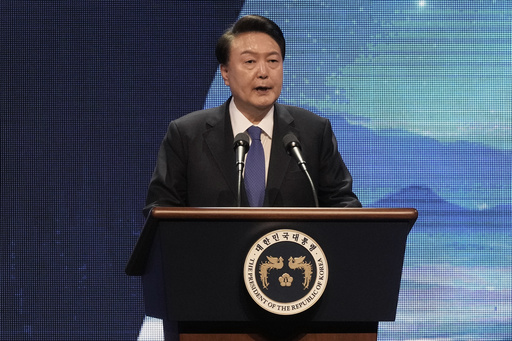Tokyo – Japan’s Prime Minister Fumio Kishida has announced his decision to step down when his party selects a new leader next month, surprising the nation. This move paves the way for the Liberal Democratic Party to choose a new leader, who will also become the country’s next prime minister.
Kishida’s resignation comes amid scandals that have plagued his government, prompting calls for a fresh start. There is speculation that Japan might see its first female prime minister with this leadership change.
The process to choose the new party leader involves setting a date for the LDP’s triennial leadership election in September. Kishida will continue as party president and prime minister until his successor is elected. Given the LDP’s majority in parliament, the next party leader is assured to become the prime minister.
Kishida’s decision to step down follows local election losses earlier this year and scandals that eroded public trust in the government. He acknowledged the need for the party to demonstrate a commitment to change, with the scandals involving unreported political donations by influential party members and rekindled issues with the Unification Church.
The selection of the next LDP leader will be done through a vote among the party’s 1.1 million dues-paying members, with power divided equally between the party’s lawmakers and its general membership. While factional leaders have traditionally held sway in the party, recent corruption scandals led to most factions dissolving.
The frontrunners in the race to replace Kishida remain unclear, though several senior LDP members are speculated to be contenders. Notably, there are three women among the potential candidates, raising hopes for greater gender diversity in Japanese politics, which has been predominantly male-dominated.
As Japan heads towards a general election, the LDP’s troubles could have repercussions, but the fragmented opposition faces challenges in capitalizing on the situation. While voters may seek to penalize the LDP for its scandals, the opposition parties have yet to present themselves as strong alternatives for leadership.
This website uses cookies so that we can provide you with the best user experience possible. Cookie information is stored in your browser and performs functions such as recognising you when you return to our website and helping our team to understand which sections of the website you find most interesting and useful.
